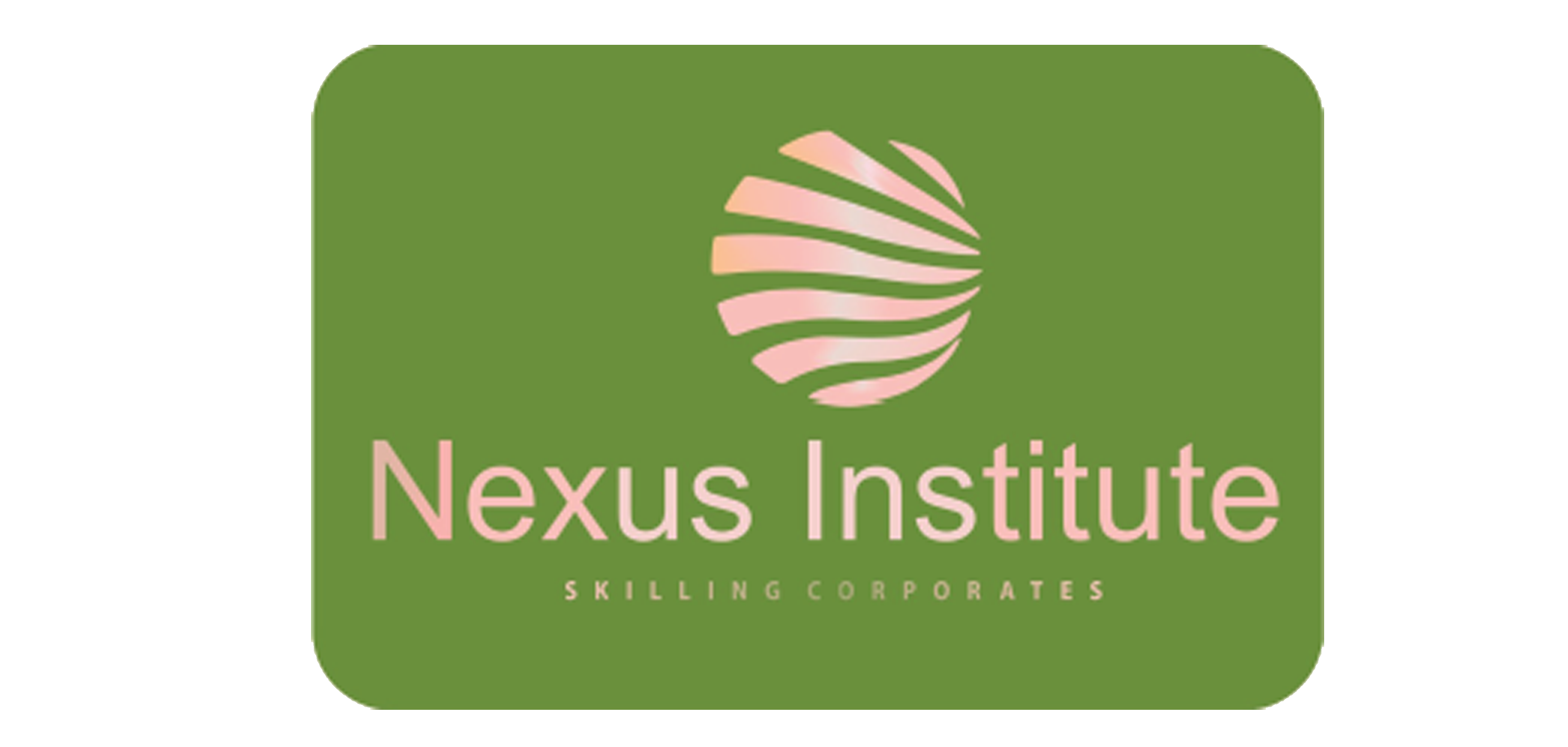Course Overview
Logical framework matrix clearly defines realistic objectives, assumptions and risks that describe how the operation is designed to work. It also indicates the minimum set of results indicators for each objective and assumption that are feasible to collect and analyse. The framework further provides indicators, measure performance on implementation and achievement of results, as well as means of verification for each indicator as well as outlines the source of data needed to achieve each of the indicator. The Project Cycle Management on the other hand is the process of effectively planning and managing projects, programs, and organizations. These 5 days course intends to orient the participants on use of Logical framework and project cycle management to enhance success and sustainability of projects.
Duration 5 days
Who can attend?
- Project managers
- Staff managing projects
- Staff in non-government organizations
- Donors
- Government officials,
- CBO operatives, NGO employees,
- Anyone involved in project management activities
Course objectives
At the end of the training participants will be:
- Equipped with knowledge, skills, and practices on project cycle management including programming, identification, formulation, financing, implementation, monitoring and evaluation;
- Understand project management tools such as the Logical Framework Approach (LFA) as well as participatory approaches commonly used in projects;
- Learn how to use the tools, and have basic skills in using the Logical Framework Approach in the management of projects and programmes
- Gain improved competency in effective project management. Understanding and being able to apply the 7 Steps of Logical Framework Analysis (LFA)
Course Content
Module 1
- Definition of a Project Introduction to PCM-LFA
- What is a Project?
- Project Cycle Management
- Description of Project Cycle Management and Logical Framework Approach
- The Programming Phase
- The Identification Phase
Module 2
- Project Appraisal Phase
- The Appraisal & Financing Phase
- LogFrame and the Appraisal Stage
- The Steps of Logframe
- Why Analyse Stakeholders?
- Purpose of the Step
Step 1: Analysing Stakeholders
- Making Project Decisions
- Stakeholder Terms
Step 2: The Problem Analysis
Step 3: The Objectives Analysis
Module 3
Step 4: The Strategy Analysis
Step 5: The Project Plan
- The PPM Objectives
- Activities and Means
- Defining Assumptions
- Project Indicators and Means of Verification
Step 6: Activity Scheduling
Step 7: Project Budgeting (“Resourcing”)
Module 4
- Implementation Phase
- The Implementation Phase
- Monitoring Projects
- Reporting on Progress
Module 5
- Evaluation Phase
- The Evaluation Phase
- Types of Evaluation
- Criteria for Evaluation
Evaluation Criteria & Logical framework
Training Approach
Training on Advocacy and lobbying skills is delivered by our seasoned trainers who have vast experience as expert professionals in the respective fields of practice. The course is taught through a mix of practical activities, theory, group works and case studies.
Training manuals and additional reference materials are provided to the participants.
Certification
Upon successful completion of this course, participants will be issued with a certificate.
Tailor-Made Course
We can also do this as tailor-made course to meet organization-wide training needs. A training needs assessment will be done on the training participants to collect data on the existing skills, knowledge gaps, training expectations and tailor-made needs.



